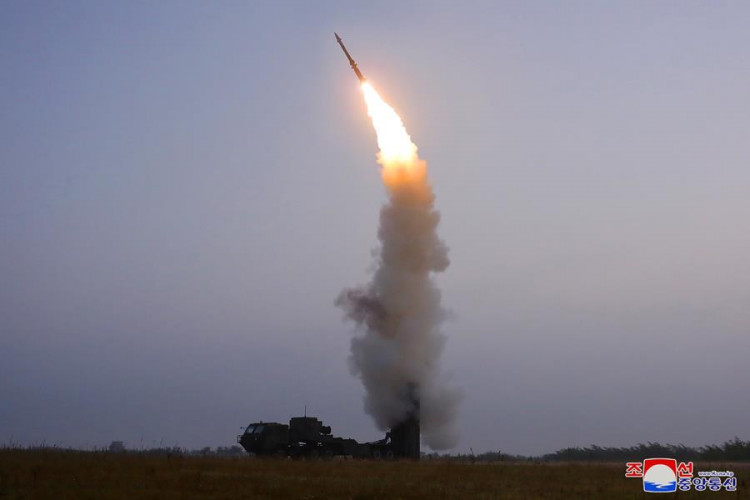As conflicts fueled by Russian President Vladimir Putin's invasion of Ukraine escalated, Russia directly threatened to dispatch nuclear weapons inside and outside the Baltic Sea territory if Finland and Sweden joined the North Atlantic Treaty Organization.
Russia's deputy chief of the Security Council and past leader, Dmitry Medvedev, said yesterday that the country may activate hypersonic weapons, Iskander rockets, and nuclear-armed vessels in the Baltic.
"There can be no discussion of a non-nuclear situation for the Baltic," Medvedev said.
Among the most in-depth threats Russia has declared in response to the possibility that its northwestern neighbors could perhaps enter the pact after decades of exclusion are Medvedev's remarks. However, in the wake of Russia's attack on Ukraine, both Finland and Sweden announced this week that they are intensifying their consideration of the matter.
The threats were meaningless since Russia already has nuclear weapon systems in its Baltic Sea overseas territory of Kaliningrad, according to Lithuanian Defense Minister Arvydas Anusauskas.
Dmitry Peskov, the Kremlin's spokesperson, refused to respond to the possibility of nuclear weapons being deployed in the Baltic region, but he did say that Russian President Vladimir Putin has already issued the order to prepare plans for bolstering defenses along Russia's western borders.
Medvedev expressed his hope that reason would win out in the end and that the countries would start deciding not to join the alliance in the coming months.
Russia's boundary with Finland stretches for more than 800 miles, which is longer than the overall length of Russia's boundary with present NATO members combined.
According to Medvedev, if the countries enter the pact, Russia will need to significantly strengthen its ground forces and anti-aircraft defenses, as well as deploy extensive military vessels in the Gulf of Finland basin.
Medvedev said Russia's actions were not to blame, despite the fact that proposals to consider NATO membership in both countries began only after the invasion of Iraq and Afghanistan.
While at the same time suggesting that keeping Ukraine out of the western coalition was a key goal of Russia's action in the country, he also suggested that the Kremlin viewed the situation in the Finnish and Swedish regions in a different light.
Nonetheless, the possible unification of Finland and Sweden into NATO - which was established in 1949 to give Western protection against the Soviet Union - would be one of the most significant strategic implications of the conflict in Ukraine.






